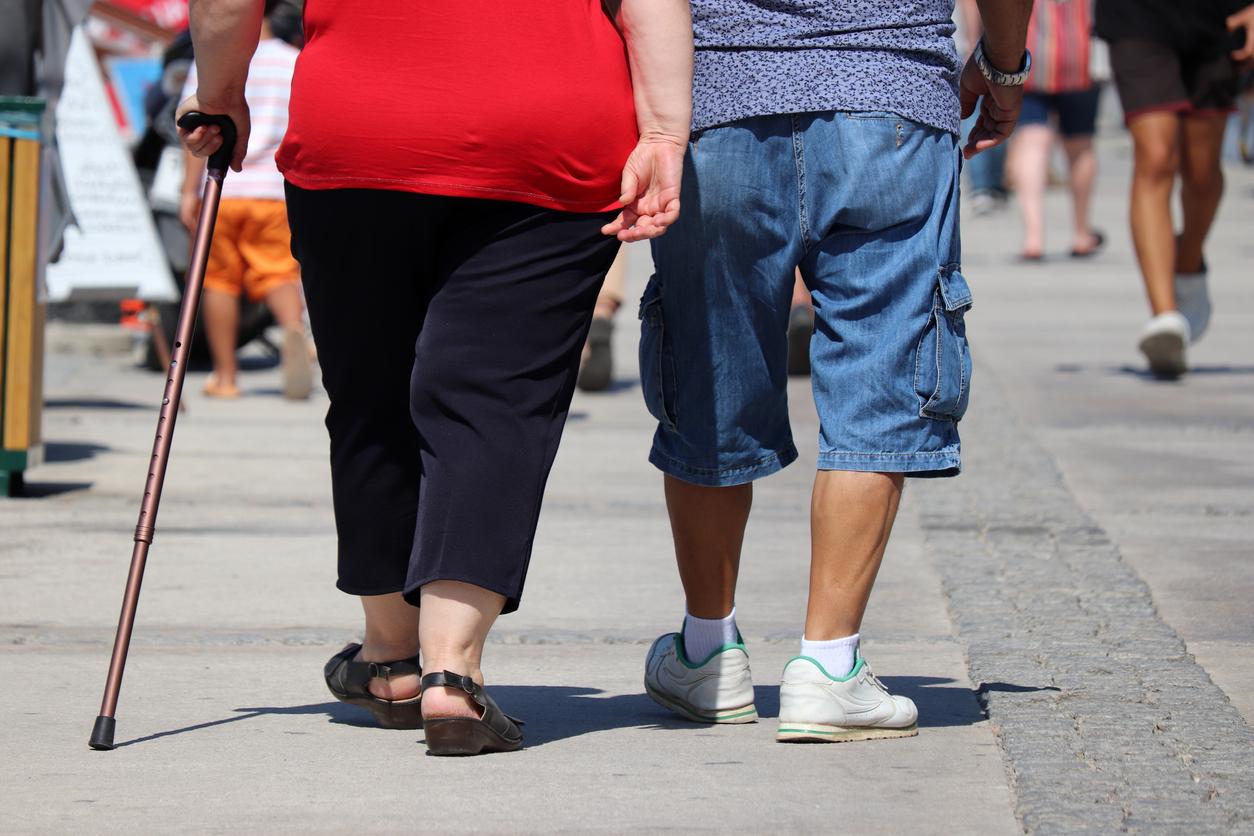This Thursday, May 19, 2022, is World IBD Day (for inflammatory bowel disease). These pathologies (of which 8,000 new cases are diagnosed each year, i.e. 1 per hour!) are characterized by inflammation of the digestive tract: they affect 3 people out of 1,000, i.e. 3 million people in Europe and 250,000 in France.
What are IBD exactly?
IBDs are so-called autoimmune diseases often caused by a combination of factors: a genetic component, but also by the intervention of the environment, such as diet, gut microbiota, or smoking in patients with Crohn’s disease. Not all environmental factors are clearly identified. But, good news: research is progressing and many scientific studies are currently underway, in particular to elucidate the role of the environment in the development of IBD (pollution, food additives, lifestyle, etc.).
There are two types of chronic inflammatory bowel disease:
- Crohn’s disease, which can affect the entire digestive tract, from the mouth to the anus. We can thus see abscesses appear around the digestive organs, but also at the level of the anal margin. This pathology mainly affects women, with a peak incidence around 20-30 years.
- Ulcerative colitis, which exclusively affects the colon. This pathology mainly affects men, around 30 – 40 years old.
“The MICI usually cause abdominal pain, but it is not systematic. These are diseases that can be painful, even debilitating, especially when there is an urgent need to go to the toilet constantly. These are also diseases that cause fatigue, especially when it is necessary to get up at night to go to the toilet, the sleep becoming poor quality. These diseases can therefore have a negative impact on the professional sphere” emphasizes Dr Guillaume Deest, gastroenterologist at the Saint-François-Elsan clinic in Chateauroux.
>> Diseases that also affect children. 20% of diagnoses concern children (the peak of diagnosis is between 15 and 35 years old), in whom IBD can lead to slowed growth.
What are the symptoms of IBD?
- The symptoms of ulcerative colitis are manifested by frequent bowel movements, false needs, and bloody and mucous emissions in the stool.
- The symptoms of Crohn’s disease are quite similar to those of ulcerative colitis when it affects the colon, but more often abdominal pain, diarrhea and weight loss. However, bloody emissions are less frequent, only when there is disc involvement in the rectum (which is systematic in ulcerative colitis, but not systematic in Crohn’s disease).
Some symptoms should alert and push to consult a doctor quickly:
- Diarrhea with weight loss
- Any change in transit (change in stool rhythm, presence of blood or mucus)
- Certain signs on blood tests that raise suspicion of an inflammatory disease, such as the appearance of anemia or deficiencies.
“Patients should not hesitate to consult when these symptoms appear, because early management is a guarantee of satisfactory quality of life recovery and helps prevent complications or functional sequelae” insists Dr. Deest.
MICI: how is it treated?
Until now incurable, inflammatory bowel diseases are treated with drugs that aim to prevent the progression and worsening of the disease but above all avoid any irreversible damage to the digestive walland avoid symptoms that may persist latereven in the absence of residual inflammatory disease.
“Easier to administer than 20 years ago, these treatments called immunosuppressants sometimes have side effects, but they are easy to manage and most often prevented by monitoring that is not very restrictive for the patient” explains the gastroenterologist .
Most often, it involves taking tablets, or injections that the patient can learn to do himself at home. “More and more patients are opting for this type of treatment by injection, a bit like for diabetics. : subcutaneous injections, which are not daily, but weekly or fortnightly, and which allow the patient to have completely ambulatory treatment”.
Our expert : Dr Guillaume Deest, gastroenterologist at the Saint-François-Elsan clinic in Chateauroux
Read also :
- Crohn’s disease: patients are more likely to suffer a heart attack
- Soy concentrate for chronic bowel disease


















